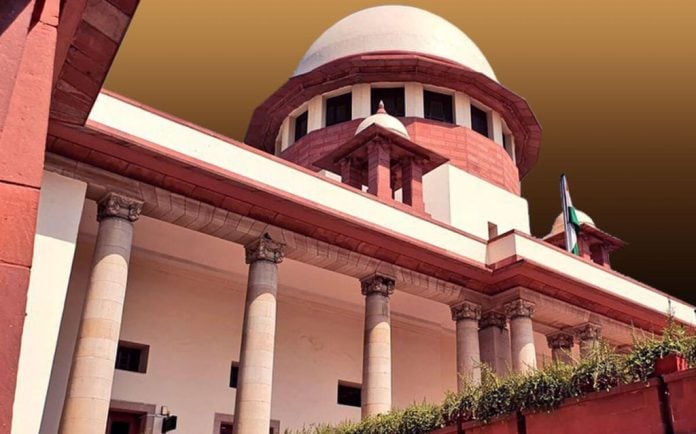The Supreme Court put a stay on the proceedings against 30 personnel of the Indian Army, who were booked by the Nagaland police in relation to the killing of 14 civilians in the state’s Mon district on December 4, 2021.
A Bench comprising Justice Indira Banerjee and Justice V. Ramasubramanian passed the order on two petitions, including the one filed by the wife of Major Ankush Gupta, who was among the 30 Army officers booked by the Nagaland Police.
The petitions sought quashing of the concerned first information report (FIR), the findings and recommendations of the Special Investigation Team (SIT) appointed by the state government, and all other ancillary proceedings arising out the December incident, including the complaint filed by the National Human Rights Commission.
While hearing the arguments, the Apex Court noted that the death of a paratrooper during the incident had not been investigated yet.
A contingent of the counter-insurgency unit of Indian Army had opened fire at some coal mine workers, who were returning home in a pick-up van. The Army personnel mistook the residents of Oting village to be militants, following an intelligence tip-off.
The incident led to widespread criticism from different quarters, with the National Human Rights Commission filing a complaint against the 30 Army jawans. The state police also constituted a special investigation team to probe the incident, on completion of which, it filed a charge sheet against them.
The Union government was then asked for permission by the government of Nagaland to act against the Army personnel named in the charge sheet.
The petitions contended that the officials were only performing their duties, as directed by the Union of India. They alleged that the SIT constituted to conduct probe into the incident had acted in a completely “arbitrary, unilateral and illegal manner”.
The petitioners further alleged that the SIT attributed criminality to the accused, ‘in its zest’ to conclude the probe.
They charged the SIT and the state functionaries with turning a blind eye to the safety of the accused and their family members by revealing their personal information. They also said the intelligence received by the accused was not taken cognisance of.
The petitioners said despite being protected by the Armed Forces Special Powers Act and the Army Act, the personnel were being proceeded against under the Criminal Procedure Code.
One of the petitions was filed by Advocate Astha Sharma.


